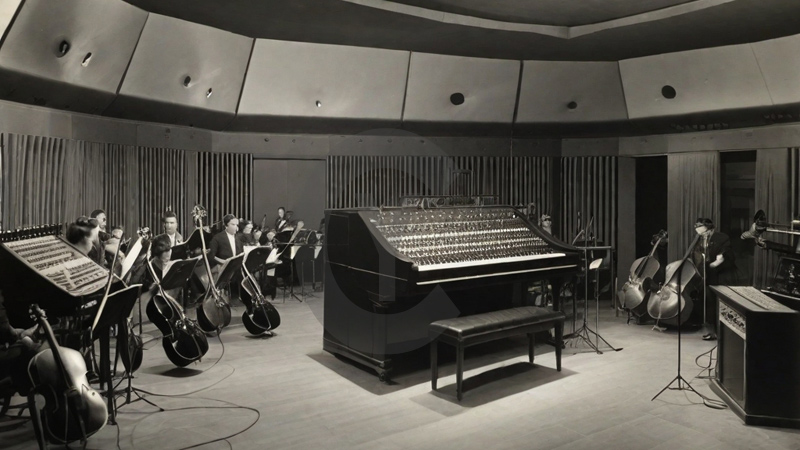
How to Record Vocals from a Technical and Musical Perspective
How to Record Vocals from a Technical and Musical Perspective
Technical Considerations
When recording vocals, there are a few technical considerations that you need to keep in mind. These include:
Microphone selection: The type of microphone you use will affect the sound of your vocals. Some common types of microphones for recording vocals include condenser microphones, dynamic microphones, and ribbon microphones.

Microphone placement: The placement of the microphone relative to the singer will also affect the sound of your vocals. A good starting point is to place the microphone about 6 inches away from the singer's mouth.
Room acoustics: The acoustics of the room where you are recording will also affect the sound of your vocals. If possible, record your vocals in a room with good acoustics. If you are recording in a room with poor acoustics, you may need to use acoustic treatment to improve the sound.
Audio interface: An audio interface is a device that connects your microphone and other audio equipment to your computer. It is important to choose an audio interface that has enough inputs and outputs for your needs.
Digital audio workstation (DAW): A DAW is a software program that allows you to record, edit, and mix your audio. There are many different DAWs available, so it is important to do your research to find one that is right for you.
Musical Considerations
In addition to the technical considerations, there are also a few musical considerations that you need to keep in mind when recording vocals. These include:
Preparation: Before you start recording, it is important to practice your vocals so that you are comfortable with the lyrics and melody.
Performance: When you are recording, focus on your performance. Try to relax and let your natural voice shine through.
Editing: Once you have recorded your vocals, you may need to edit them. This may involve correcting any mistakes, adjusting the levels, or adding effects.
Recording Vocals
Once you have taken care of the technical and musical considerations, you are ready to start recording your vocals. Here are a few tips for recording vocals:
Start with a simple track: If you are just starting out, it is a good idea to start with a simple track. This will help you focus on your vocals without being overwhelmed by the complexity of the music.
Record in short takes: Don't try to record your entire song in one take. Instead, record in short takes and then edit them together. This will help you get the best possible performance.
Listen back to your recordings: Once you have recorded your vocals, listen back to them and make any necessary adjustments. This may involve correcting any mistakes, adjusting the levels, or adding effects.
Conclusion
Recording vocals can be a challenging but rewarding experience. With a little practice and preparation, you can record vocals that sound professional.
Posted by November 15th, 2023
Comment
